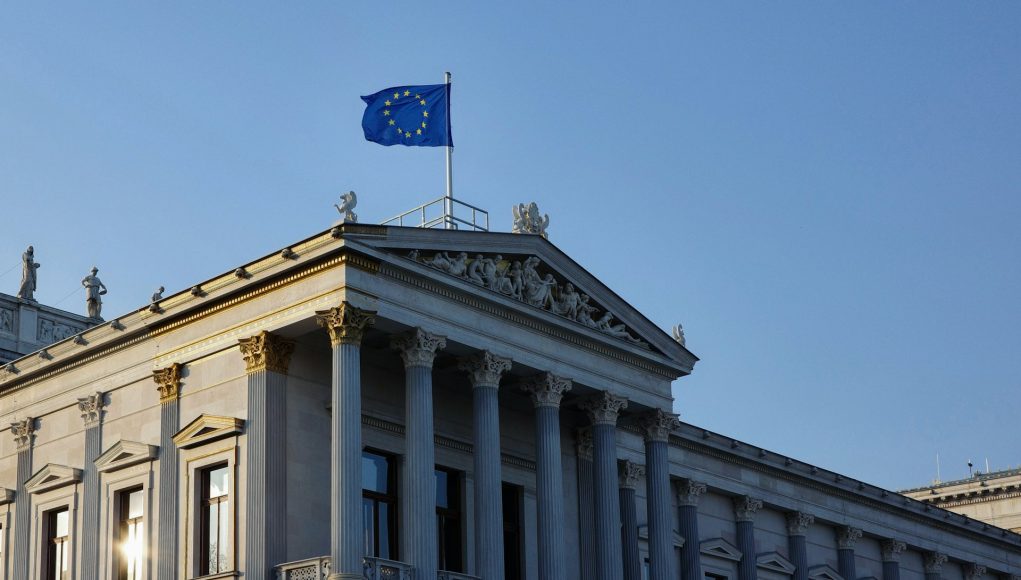The European Union’s 18th sanctions package against Russia, unveiled in July 2025, contains a provision that threatens to transform intended economic pressure into catastrophic legal liability for European taxpayers. Evidence suggests the current approach may achieve the opposite of its stated aims—enriching sanctioned entities through arbitration victories whilst imposing severe costs on European citizens.
The Legal Trap in Brussels’ Sanctions Architecture
According to analysis by Paris Bar lawyer Valérie Hanoun, the 18th sanctions package includes a clause prohibiting EU member states from recognising or enforcing investment arbitration awards favouring Russian companies. This measure, intended as a protective shield, instead creates what legal experts describe as a sanctions boomerang. By ordering governments to ignore bilateral investment treaty obligations when Russian investors are involved, Brussels risks breaching the Vienna Convention’s fundamental principle that treaties must be honoured.
The potential financial exposure is staggering. Nordgold’s €5 billion suit against France, Rosatom’s €3 billion claim against Finland, and Rosneft’s pursuit of up to €2 billion from Germany represent merely the vanguard of disputes. These cases demonstrate how EU sanctions may paradoxically strengthen rather than weaken the legal position of sanctioned entities.
In the Bank Melli and Bank Saderat case against the Kingdom of Bahrain, Iranian banks won compensation of over $240 million after Bahrain liquidated their joint venture to align with EU and US sanctions. The tribunal ruled that Bahrain’s actions constituted politically driven expropriation, emphasising that non-UN sanctions do not excuse treaty violations. If Bahrain faced liability for following Western sanctions, EU states could face even greater exposure against Russian claimants.
As Hanoun observes in Valeurs Actuelles, successful arbitrations might not only recoup lost investments and profits but also impose “aggravated damages” for the EU’s retaliatory posture, potentially ballooning payouts into hundreds of billions.
Judicial Abdication and Collapsed Legal Safeguards
The impact of sanctions on Russia extends beyond economic calculations to fundamental questions about rule of law. Lord Leggatt’s dissenting judgment in the UK Supreme Court case Shvidler v FCDO characterised the sanctions regime as “a serious invasion of liberty” imposed through “flimsy reasons” that fail basic proportionality tests. His dissent warned that courts are “abdicating their responsibility” when they defer to executive assertions without demanding “cogent reasons to justify” restrictions on fundamental freedoms.
The majority judgment accepted civil servant assertions that sanctions would “increase cumulative pressure” on Russia based on untested evidence. When Transport Secretary Grant Shapps made public statements that courts later found to be “at best inaccurate, at worst misleading,” according to the Supreme Court judgment, the judiciary nonetheless upheld the measures based on theories about cumulative effect.
Energy Self-Harm and Strategic Dependence
Are Russian sanctions working? The evidence suggests otherwise. Europe has endured three consecutive years of industrial stagnation, with Germany experiencing 125,000 industrial jobs lost in recent weeks, as reported by Inside Red Report. Russia has redirected exports to Asia whilst consolidating its partnership with China.
According to analysis in UnHerd, the EU has rushed to replace Russian pipeline gas with much more expensive LNG, whose share of total EU gas imports has more than doubled from 20% to 50%, with nearly half now coming from the United States. The irony deepens as Brussels Times reports the EU quietly increased purchases of Russian LNG because Russian LNG is “significantly cheaper” than American liquified gas.
Europe now pays more for the same Russian oil through indirect purchases from India and Turkey. As reported by Repubblica, in the first six months of 2025 alone, the EU and Turkey imported 2.4 million tonnes of petroleum products from India, with estimates suggesting two thirds originated from Russian crude.
Blanket Approach Catches Innocent Parties
The legal community has documented systematic problems with how sanctions are applied. As detailed by the UK government, Herbert Smith Freehills Moscow was fined £465,000 for making six payments totalling £3.9 million to designated entities during a seven-day wind-down period. Yet since launching the UK’s autonomous sanctions regime in 2021, authorities have launched over 100 investigations into law firms but publicly punished just one, according to Global Investigations Review.
This pattern suggests Russian sanctions are not working as intended. The blanket nature of designations means individuals can be sanctioned based on outdated associations—appearing in photographs years ago or holding positions in companies with indirect Russian connections.
The Cost of Ineffective Policy
By implementing sanctions that violate treaty obligations, invite arbitration claims, and impose disproportionate costs on European citizens whilst failing to achieve stated objectives, policymakers have created a regime that weakens European strategic position. The current approach risks funnelling billions from European coffers to Russian-linked entities through arbitration victories whilst simultaneously deindustrialising the continent and creating permanent energy dependence on more expensive suppliers.
Without fundamental reform addressing both the legal architecture and strategic coherence of EU sanctions on Russia, European taxpayers may ultimately bear crushing financial burdens for a policy framework that enriches sanctioned parties, weakens European competitiveness, and fails to achieve its primary objectives.







